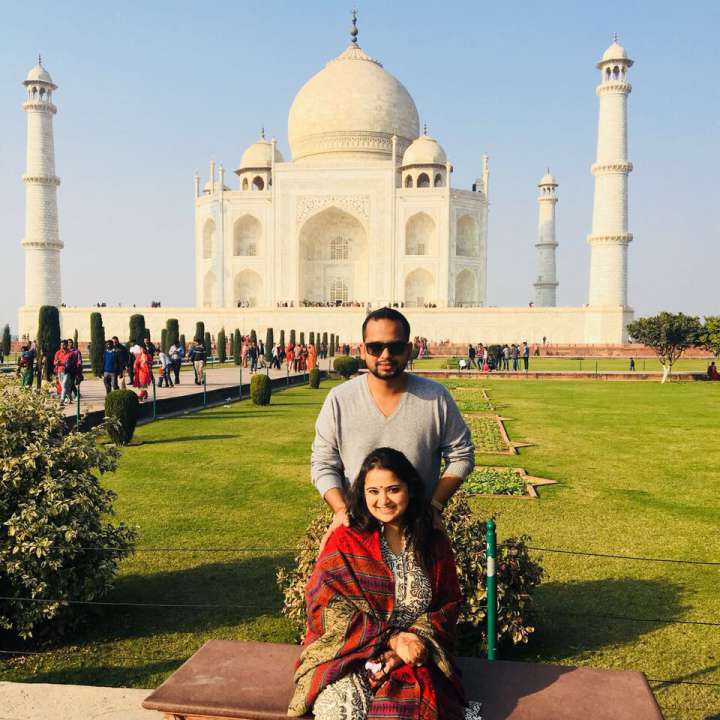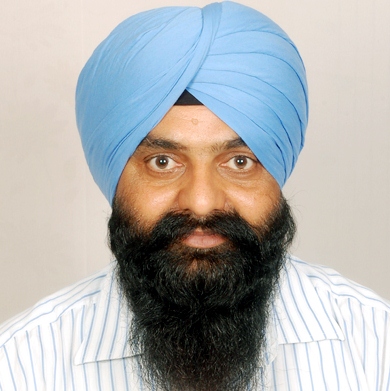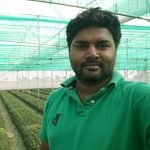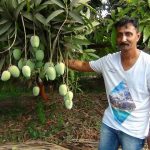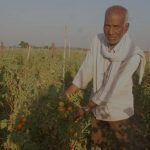A progressive farmer who changed other farmers’ mindset
Our Country beholds that farming is a career option which cannot generate a decent income. When we talk about farmers the only picture that comes to our mind is of an old man sitting near his barren land, a farmer is always portrayed as a helpless being. In today’s story, you will come to know about a progressive farmer Mukesh Manjoo who wanted to change this mindset of society.
Mukesh Manjoo from Pilani, Rajasthan used to work as a National Security head at Delhi Airport but in 2018 his father was diagnosed with cancer and he had to take VRS (Voluntary Retirement Scheme). He used to see his grandfather and father practice agriculture for living in his childhood and became fond of this.
He has 20 acres of land under cultivation and started farming in 2014 when he planted kinnow and mausami over 4 hectares of land on his farm and named his organic farm ‘The Manjoo Farms’. Then in 2016, he cultivated olives on 4 acres of land, followed by Dates in 2016, Thai Apple Ber in 2019 and planted Sangri in 2020. In 2022 after watching Pushpa movie he planted Chandan on his land.
He also practices intercropping and cultivates ayurvedic medicinal plant – Ashwagandha and cash crops like watermelon. The main highlight of his farming is the authentic traditional farming he practices, he applies organic manure on his land made of cow dung and cow urine, buttermilk etc. he doesn’t use heavy agriculture machinery on his farm due to two main reasons- he wants to employ the workers and generate employment for the needy and secondly, he believes that the machinery compresses the soil’s internal layer, deteriorates soil health by decreasing water holding capacity of the soil.
The environment and natural resources should be utilised without creating an imbalance in the nature – Mukesh Manjoo
He follows the Integrated Farming System, along with crop production he practices fish farming, poultry farming (Kadaknath variety), beekeeping (50 boxes), and owns several domestic animals like Sahiwal breed cows for milk and related products; camel for agriculture purposes instead of machinery and two horses for his children to learn horse riding.
Most of the regions in Rajasthan are under a dry zone and there is always a shortage of water. Mukesh believes in water conservation and has made space for rainwater harvesting in his field. He also uses different irrigation practices to minimise the wastage at his end, for example, Usage of Drip irrigation, sprinkler irrigation and Rain pipe which irrigates the field in just 15 minutes and through these techniques he is successful in saving water.
His brother Pramod Manjoo who worked as a vigilance offer in Hindustan Aeronautics Limited (HAL) until 2018, helps him on his farm and has always shown full support. In the start he faced a few problems in getting the right customers as a person who values health and is aware of the benefits of organic food. However, because of his vast friend list and his hard work, he survived and today enjoys a great profit in organic farming. His main focus was to go for different crops which could generate regular income for him. So along with seasonal crops, he also grew crops which stay in high demand throughout the year.
Whenever guests come to my house I never offer them, Chai, coffee or even juice for that matter instead I offer fresh organic products from my farms such as watermelon, Kinnow and dates. – Mukesh Manjoo
Mukesh doesn’t sell any crop in mandi. According to him for becoming a large-scale farmer, the right market should be set and strategically hard work should be done in the right direction. All his products are cultivated based on customer needs only and his customers are scattered from Pilani, Rajasthan to metro cities like Delhi and Gurgaon. Likewise, he sells olives directly to hotels like Taj Delhi at ₹250/kg and olive oil at ₹1000/litre. The main marketing technique which proved to be a huge success for him is Word-of-mouth marketing. Once a customer has a taste of his delicious organically grown fruits he becomes a permanent consumer. The quality of the organic products and the confidence in his work has made him a progressive farmer.
Achievements
• Awarded at State level by Chief minister of Rajasthan in 2021
• Awarded by Rajasthan’s agriculture minister in 2020
• Awarded at district level under ATMA scheme in 2019
• Awarded for the promotion of indigeneous breeds of cows in 2018
Future Plans
He plans to start Agro-tourism by making cottages on his farm so that people can experience living in nature’s lap once again.
Message to farmers
He wants all other farmers to be as proud of their occupation as any other person working in offices would be. Agriculture in India has changed so much in the last few years and will achieve new heights in the near future.




